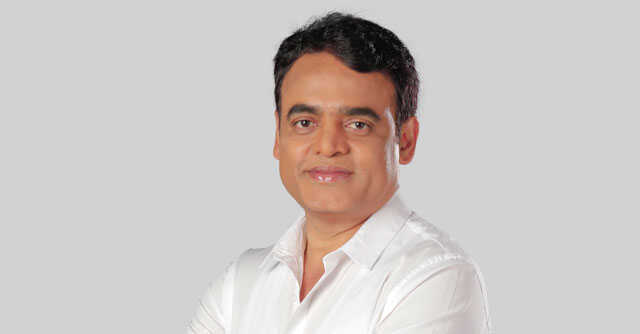
India’s biotechnology industry will shape the future of global food security


The Russia-Ukraine conflict has intensified the food crisis in countries in the Middle East and the North Africa. Lebanon, Egypt, Oman, Syria, Saudi Arabia, Yemen, Tunisia, Iran, Jordan and Morocco are witnessing high hunger levels. According to UNICEF, at least 61 million children lack access to enough food to meet minimum food needs.
To address this, the four-nation group 'I2U2' (India-Israel-UAE-US) has taken the decision to develop integrated food parks across India. The cooperation aims to increase crop yield through superior-quality seeds and advanced agri-tech facilities. Within the framework of I2U2, Israel will also set up 30 Centres of Excellences and 150 Villages of Excellence to help enhance crop yield and make agriculture a more profitable business. With India pushing for exports of wheat and other produce, we could soon be playing a pivotal role in global food security and biotechnology can be the powerhouse for a new green revolution given its potential to make Indian agriculture more sustainable. Agro-startups are leading the way by introducing new forms of farming in terms of seed and fertiliser usage. This can boost rural incomes and improve the purchasing power especially in developing countries. Research and development in biotechnology have already proven to play a crucial role in improving produce.
Yet, the entrepreneurial activity in this category leaves much to be desired. The paucity of top-tier talent is one of the major causes of the lack of development. Over the years, multiple entrepreneurs and investors from the digital start-up ecosystem have returned to India. Indian biotech talent, however, continues to leave the country and seldom comes back. Biotechnology, specifically in the Indian agricultural and food systems needs to see transformation. It is the VC investors that should seize the opportunity to take the initiative. Apart from pumping money into the biotech ecosystem, investors must promote the fledgling agri-food life sciences ecosystem. Assistance through institutional alliances, business development and mentorship are also required.

Karnataka’s bioeconomy is currently valued at USD 24.4 bn and contributes 33% of the national share of USD 80 bn. The state aims to contribute USD 50 bn by 2025. The industry comprises ~380 companies and ~194 start-ups, together forming 60% of the biotech companies in India.
To address the issues faced by the industry, the Karnataka Government has set up Bengaluru Bioinnovation Centre (BBC) and Centre for Cellular and Molecular Platforms (C-Camp).
BBC is the largest and only state-run biotech start-up hub in India. It provides incubation, laboratories and equipment, funding opportunities, mentoring, branding, and networking support. BBC has been instrumental in developing solutions with a huge social impact. It has already achieved 100 percent occupancy in a short span of its operations.

BBC also has a Sustainable Entrepreneurship and Enterprise Development (SEED) Fund for start-ups. The centre has onboarded approximately 62 start-ups and graduated 36 start-ups. The valuation of which has reached up to INR 300 crores. These start-ups have successfully generated employment opportunities for 2000 people. BBC has facilitated the filing of 35 patents in the last 3 years. The Indian Institute of Horticultural Research, University of Agricultural Sciences are supporting institutions.
C-Camp is a government-backed biotech start-up enabler. Sea6 Energy is one agri-tech start-up that has thrived at C-Camp. Today Sea6 Energy has partnered Mahindra Group to sell patented bio-stimulants for crops across India. Another start-up, Bioman, offers a solution that uses a microbial powder and a novel waste management system. It preserves waste as a resource, regenerates the microbial powder to run the system, and generate high quality bio-fertilizer for agriculture. C-Camp and BBC will continue to support agritech start-ups guided by India’s and the world’s food security needs.
Bengaluru was the first city in the country to host an IT event in 1998 and a Biotech event in the year 2001. Bangalore IT.com and Bangalore India Bio thus became the most sought-after events for the global IT and Biotech community. In the year 2017 these two flagship events of India were collocated under the Bengaluru Tech summit.

Keeping in mind the strategic role India will be playing in food security soon, the Government of Karnataka had a special focus on biotech start-ups to help generate investor attention and solutions at the 25th edition of Bengaluru Tech Summit in November this year.

Ashwath Narayan C.N
Ashwath Narayan C.N is the Minister of State for Information Technology and Biotechnology, Higher Education, Science and Technology and Skill Development, Entrepreneurship and Livelihood, for the State of Karnataka.
